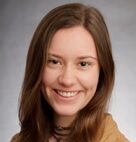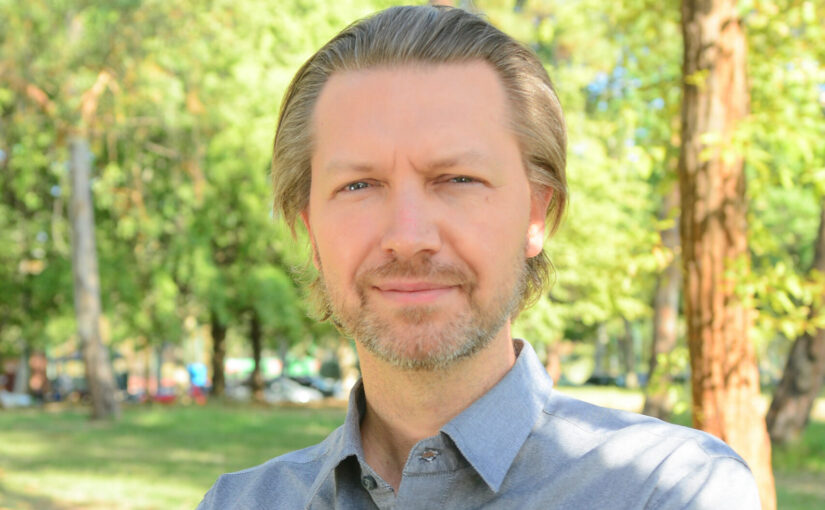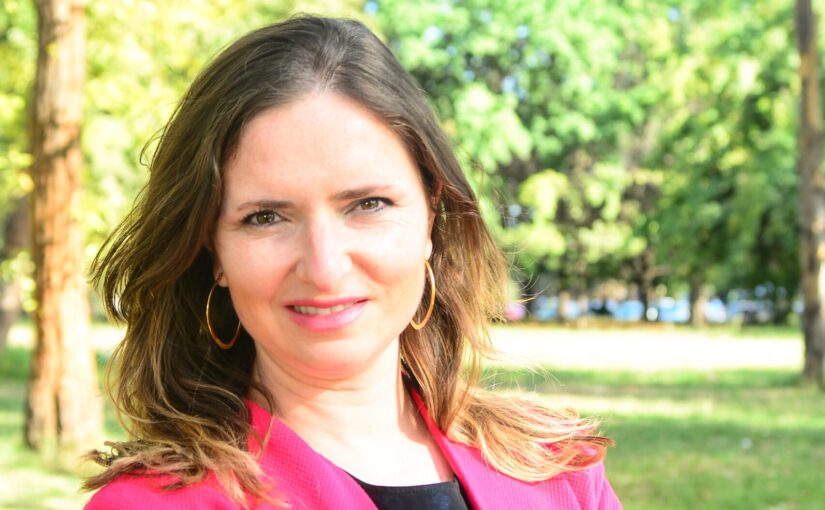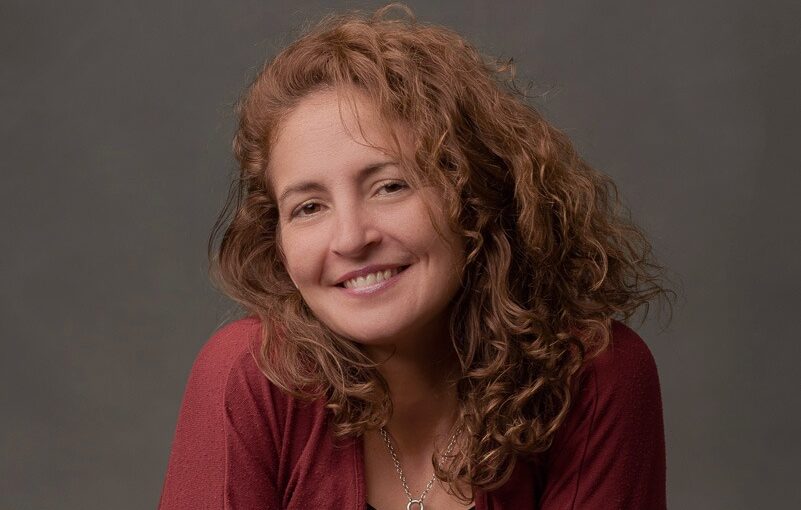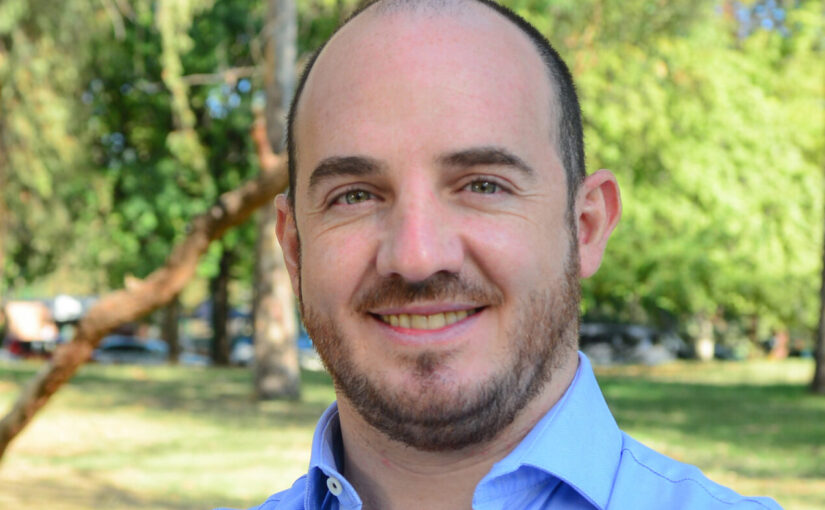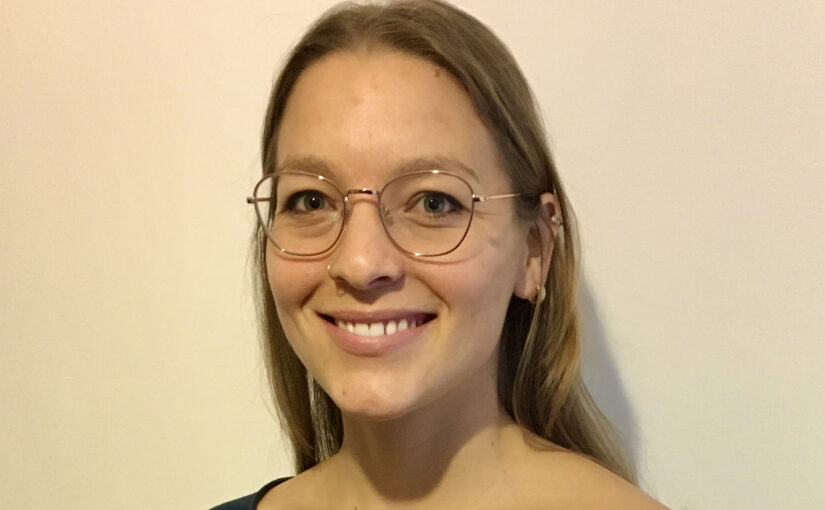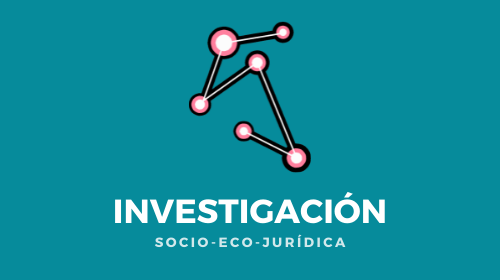She is currently doing an internship at the Ecocene Foundation as part of her master’s degree in Global Studies at the Albert-Ludwigs-University in Freiburg/FLACSO Argentina. Prior to that, she completed her bachelor’s degree in Intercultural Management and Communication at the Karlshochschule International University (Germany). As part of these studies, she has already completed semesters abroad in Taiwan, Argentina and Thailand.
So far, she has gained experience in various internships in the fields of intercultural training, implementation of business strategies, organisation and implementation of sustainability camps for children in Cape Town, and as a nurse in hospitals. Above all, she is always interested in exchanges with other cultures, whether on private or business trips.
Interests: Socio-ecological transformation, social change, current issues in world politics as well as in the Southeast Asian region in particular and, intercultural training.

